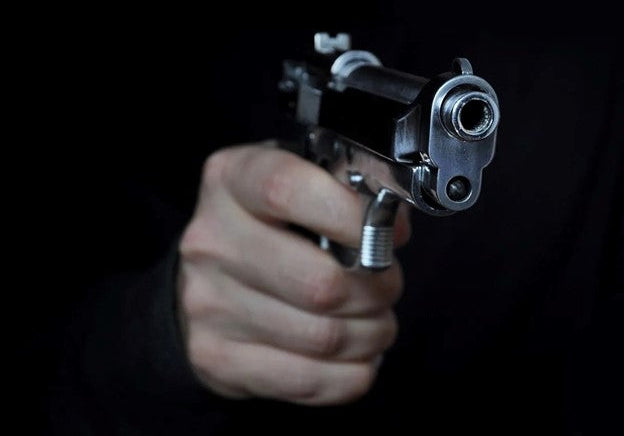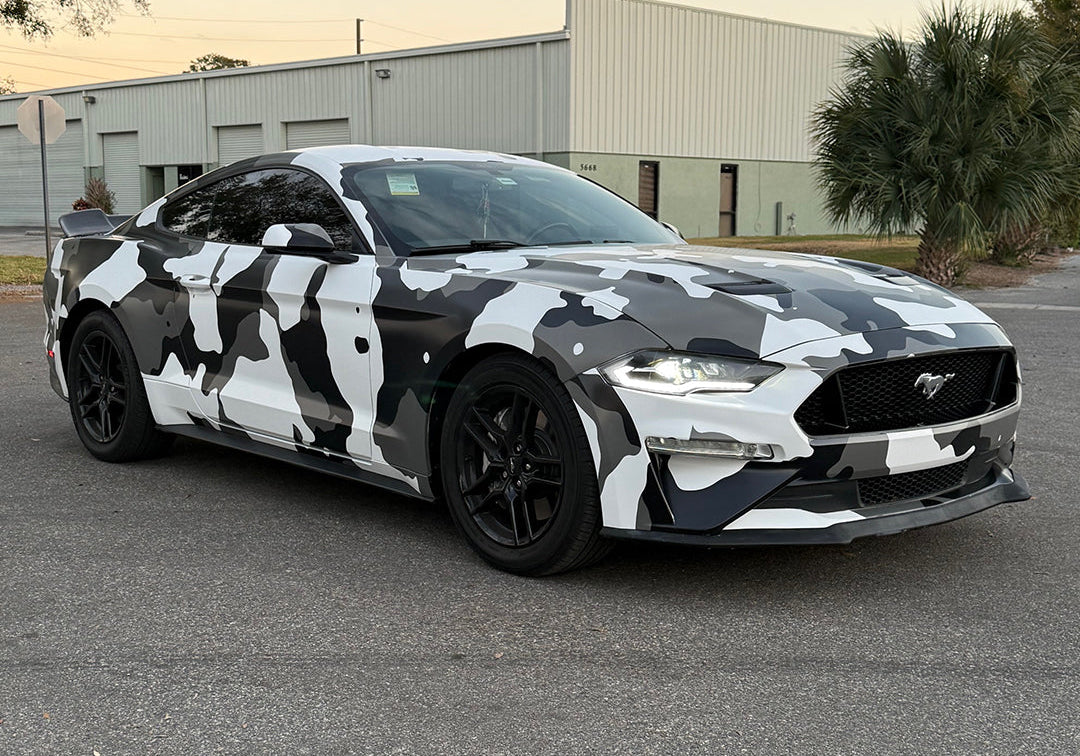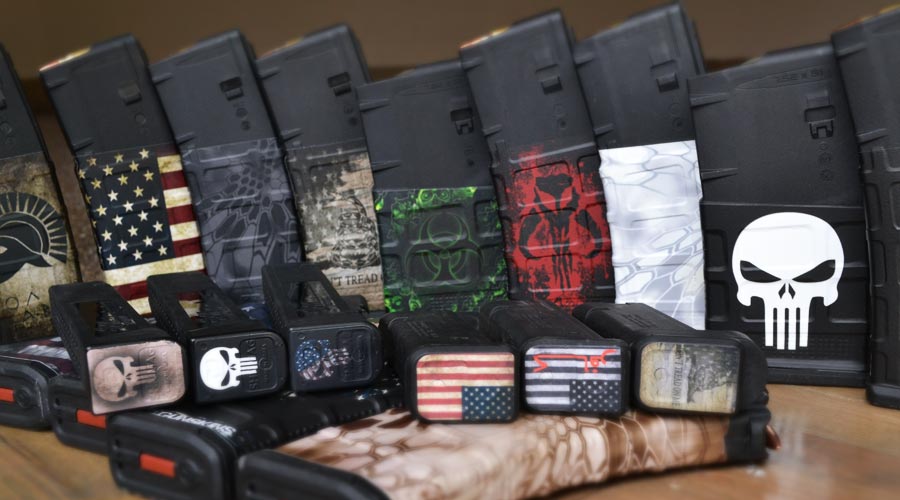In many places in the US, taking your firearm on a hunting trip is no more complicated than taking along your thermos. Many other places are more complicated, however. There, putting your hunting rifle on a rack in the back window of your truck or on the backseat of your car can get you in enough trouble that you will count yourself lucky if you just show up to the hunting rendezvous late.
Besides security concerns, laws and social mores in many places encourage the hunter to be discrete as well as responsible while traveling. As always, different places have different laws and some may be stricter than others, so below is a “fits most” effort to help you get to the game lands on time. This will also approach the subject from the position that discretion is the better part of valor. Having a spirited debate about hunting and gun rights should be done around a table or at the bar, never on the side of the road with a member of law enforcement.
The police are doing their jobs, but sometimes even they are not fully familiar with their own laws and will err on the side of enforcement rather than reasonable arguments from you. At the very least they may decide to detain you until they are sure everything is done to the fullest letter of some perception of the law. Some want that kind of attention to make a case. Most of us have better things to do.
Always protect yourself
First, your hunting gun should be unloaded during transit. That should go without saying, but… if possible, take out the magazine and/or bolt. Also, the ammunition should be in a separate container. Many places prefer the separate container, as well as the firearm, to be locked. Some places are alright as long as the firearm is locked and the ammo in a separate, latched container.
While our hunting guns are rarely the queen of our collections - by virtue of being taken out into the field, exposed to the elements, inevitably dropped, etc. it should be put into a case [hard case] that can be locked. A trunk safe may not be necessary, but something more substantial than a sock or soft case that can be defeated with a utility knife. ESPECIALLY if you are transporting it in a truck or SUV, or any vehicle where the firearm and you are not separated. This better protects the gun, but also protects you from accusations of “carrying” a firearm without a permit or other legal explanation.
The case should go behind the front seat if a single row pick-up, or as far to the rear as possible in a multi row truck/SUV. The latter encourages throwing a blanket or other items over the case to remove any excitement of an observer who should happen to see a gun case. Sure, you’re not doing anything wrong, but why invite conversations that may delay you getting to your destination?
If you are traveling in a vehicle with a trunk, a soft case for your firearm may be sufficient as the lock on your trunk serves as a “locked case” separating people from the gun. Some places may STILL require another lock on either the case or the ammunition – especially if the latter is also in the trunk.
Of course, all of this is moot if you never get pulled over or stopped but can become quite pertinent if you ever are.
Going across state lines? Know the laws in your state and EVERY state you are traveling through. While on the interstate, federal laws trump local laws – even if your firearm is not legal in that state – but only so long as you are on the interstate and the firearm is well secured. Pull off for fuel, lunch or potty and local law can become relevant. It is true that where interstate travelers have been arrested for transporting their own safely stored firearms across state lines have had the charges eventually dropped, but why ask for trouble? Or legal fees?
Once you arrive at your destination, house rules apply. Keep your firearms safe until it is time to inspect or get ready for use. Follow your “common” sense and established safety rules so you can have fun and get invited back. If you are the host, the same applies so your friends and family will want to come back. Hunting is an activity that will survive through conservation and conversation, it will not long last through ill-advised confrontation.







